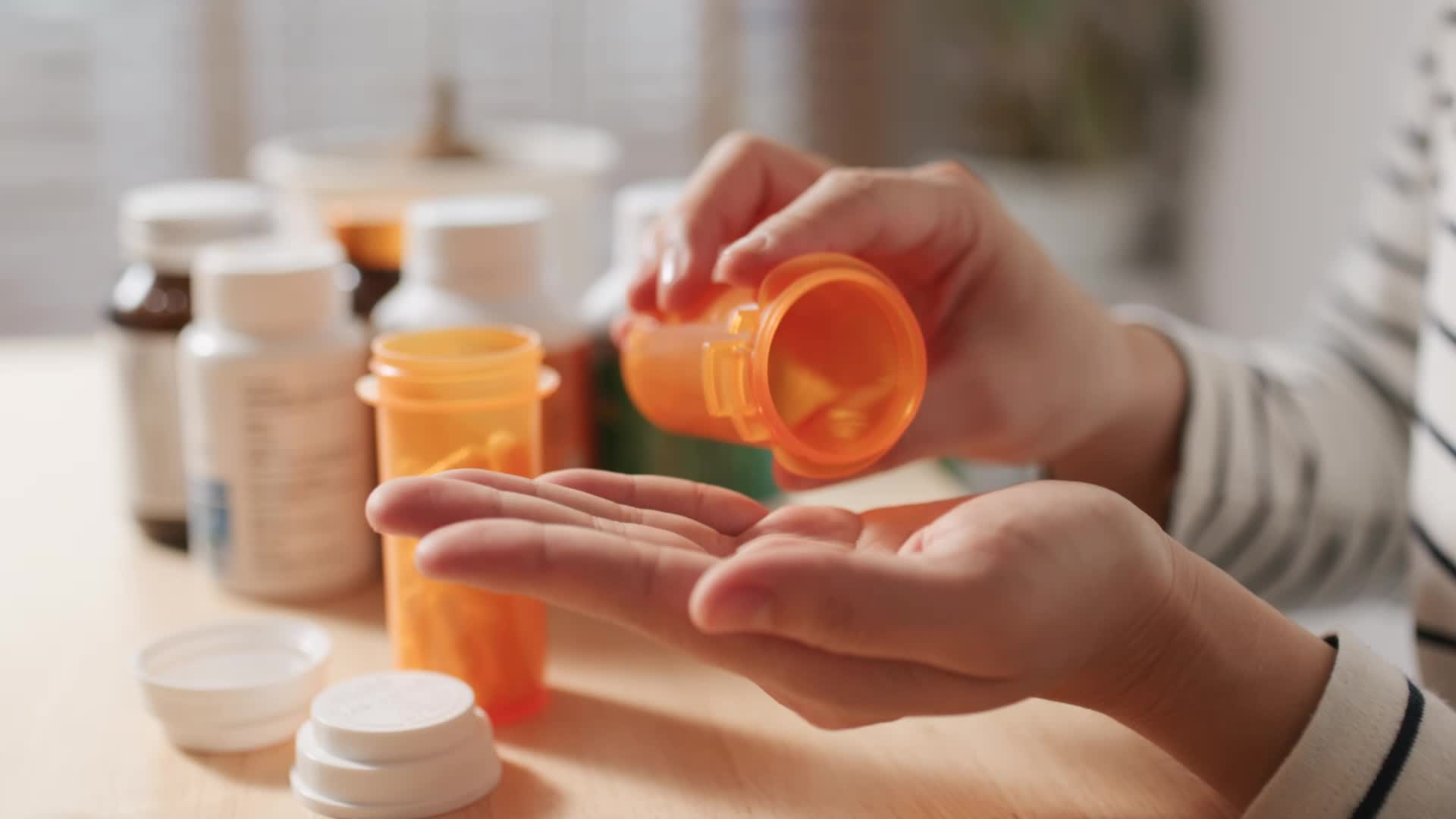The world just had its warmest day on record, and extended heat waves are becoming more frequent due to climate change. These conditions can affect the way drugs work and how they affect those who take them.
Here is what you need to know about medicines in hot weather:
How Does Heat Alter the Effects and Quality of Medicines?
Medications used to treat common ailments can make patients more sensitive to heat by reducing their body's ability to sweat and blood flow in reaction to high temperatures.
Heat waves also raise the possibility that almost all medications—whether they be in the form of pills, syrups, sprays, capsules, or any other form will deteriorate if they are not stored within a specific temperature range.
Medication side effects might differ depending on a person's health, the dosage, and the surrounding circumstances.
In hot weather, patients should talk to their doctors about perhaps changing their dosages or schedules. Experts also advise patients to stay cool by drinking plenty of water, carrying fans, and looking for shade or air conditioning.
What Medications Increase Sensitivity to Heat?
Medication for heart failure and blood pressure: Angiotensin-converting enzyme (ACE) inhibitors reduce thirst, which makes it more difficult to determine when to drink more water and raises the possibility of dehydration. Beta-blockers can hinder sweating and the body's ability to stay cool, while calcium channel blockers can lead to mineral imbalances that make it more difficult for the body to control its temperature. Water pills, commonly known as diuretics, can lead to mineral imbalances and dehydration.
Allergy drugs:
A few over-the-counter antihistamines can make it harder to regulate body temperature and decrease sweating.
Psychiatric drugs:
Sweating is restricted in people using some antipsychotic drugs. On the other hand, certain antidepressants suppress thirst and increase sweating. To elevate body temperature, stimulants like amphetamines and other medications used to treat attention deficit hyperactivity disorder may interact with the central nervous system.
Medications for the thyroid:
These hormone replacements can also increase body temperature, interfere with temperature regulation, and result in excessive perspiration.
What is a Safe Temperature Range for Storing Medications?
Adverse temperature changes can have a substantial impact on the efficacy of over-the-counter and prescription medications.
While certain drugs may tolerate temperatures as high as 86°F (30°C), most drugs should be stored between 59 and 77°F (15 and 77°C) in a dry, cool environment away from sunlight. The websites of the manufacturers provide information on how to store medications at different temperatures.
Since every prescription is different, it's difficult to anticipate how much it would deteriorate in high temperatures, according to Amy Bachyrycz, a faculty member in pharmacy at the University of New Mexico in Albuquerque.
Generally speaking, drugs that are mail-ordered shouldn't be kept in hot cars or hot mailboxes for extended periods.
An official from CVS Health's Caremark pharmacy benefits division stated that the company's automated shipping system considers meteorological information when deciding which packing materials are best for each shipment.
According to a representative for Amazon.com Pharmacy, the business uses stringent safety protocols for both delivery and storage to shield prescription drugs from extremely high or low temperatures during transit.



























